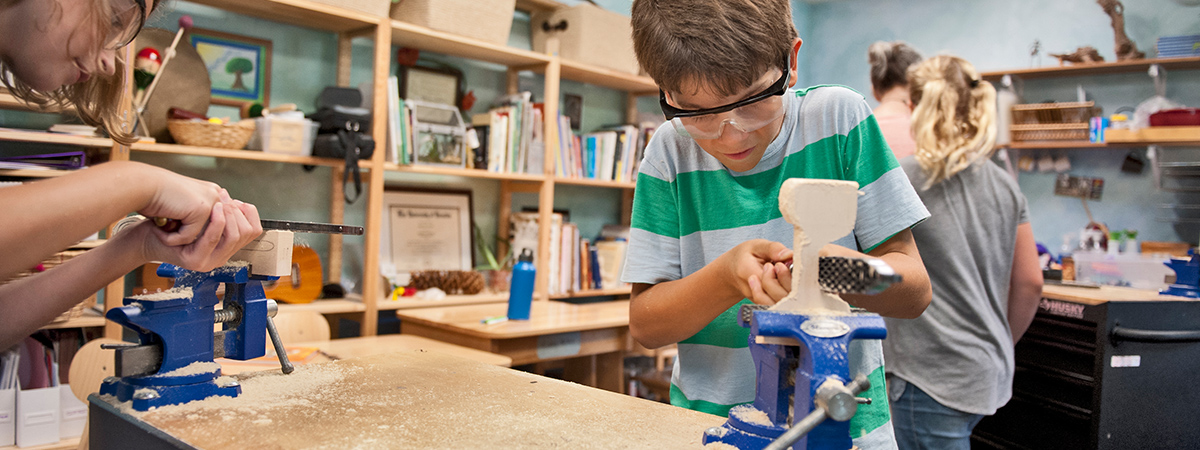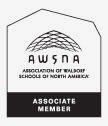Great Oak School’s Grade School curriculum is based on the insights of Rudolf Steiner, the Austrian philosopher whose vision of education gave rise in the 1920s to the Waldorf school movement, which has now engendered more than 1,000 schools worldwide.
Our education is holistic, seeking to cultivate not only the intellectual capabilities of students, but their spiritual, moral, and artistic capacities as well. It has often been referred to as the education of the “head, heart, and hands” in light of this approach to learning, an approach that integrates “thinking, feeling, and willing.”
Central to Great Oak’s philosophy is a desire to honor childhood and make learning joyful. Individual achievement gives way to the quality of our students’ relationships with their teachers and classmates. The beauty of the space in which we work and the purposeful rhythm and form of our days create the sense that everything matters and is worthy of care and consideration.
Great Oak’s program is characterized by:
- A curriculum rich in sciences and humanities that corresponds both in content and method to the stages of child development outlined by Rudolf Steiner
- The main lesson, whereby students take on in-depth study of academic subjects for a three to four week period during the two-hour period which begins each school day
- The integration of physical activities, practical activities, visual arts, and performing arts into the academic subjects
- A balance of specialty subjects, including handwork, woodworking, art, foreign language, music, movement/games, and agricultural arts
- An approach to teaching science in which careful observation, direct experience and guided inquiry lead to discovery of scientific laws
- The looping system, which allows for a class of students to stay together for their elementary years and a class teacher to remain with a class for the entire eight years
- Rather than using text books, students create their own main lesson books, which reflect their understanding of the subjects covered
- Multi-age experiences that offer opportunities for younger and older students to develop deep and lasting relationships
- Narrative, individualized assessment reports rather than letter grades
- Special attention to rhythm in the forming of lesson plans and the school year
- A tradition of festivals and celebrations that build community and mark the seasons of the year




